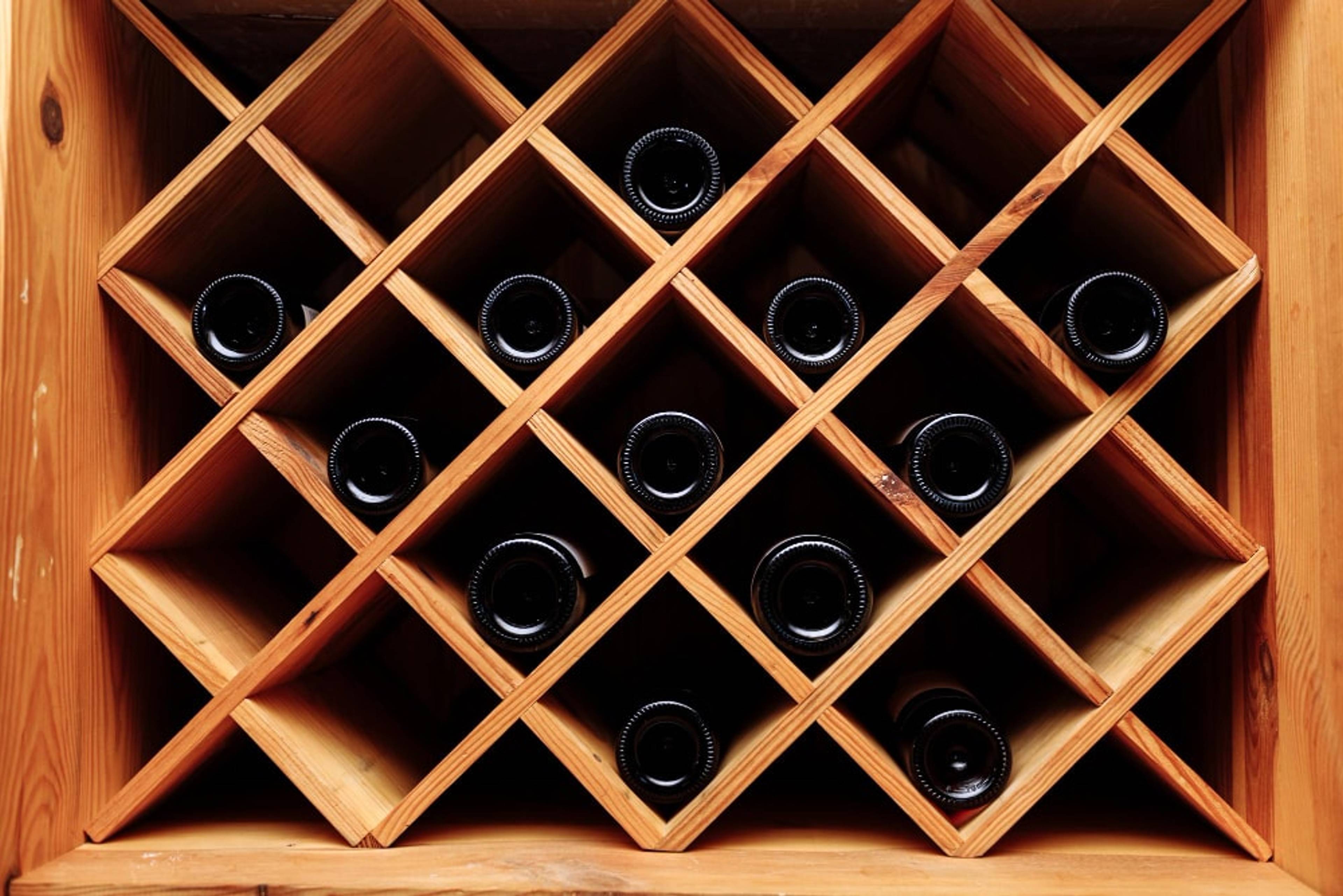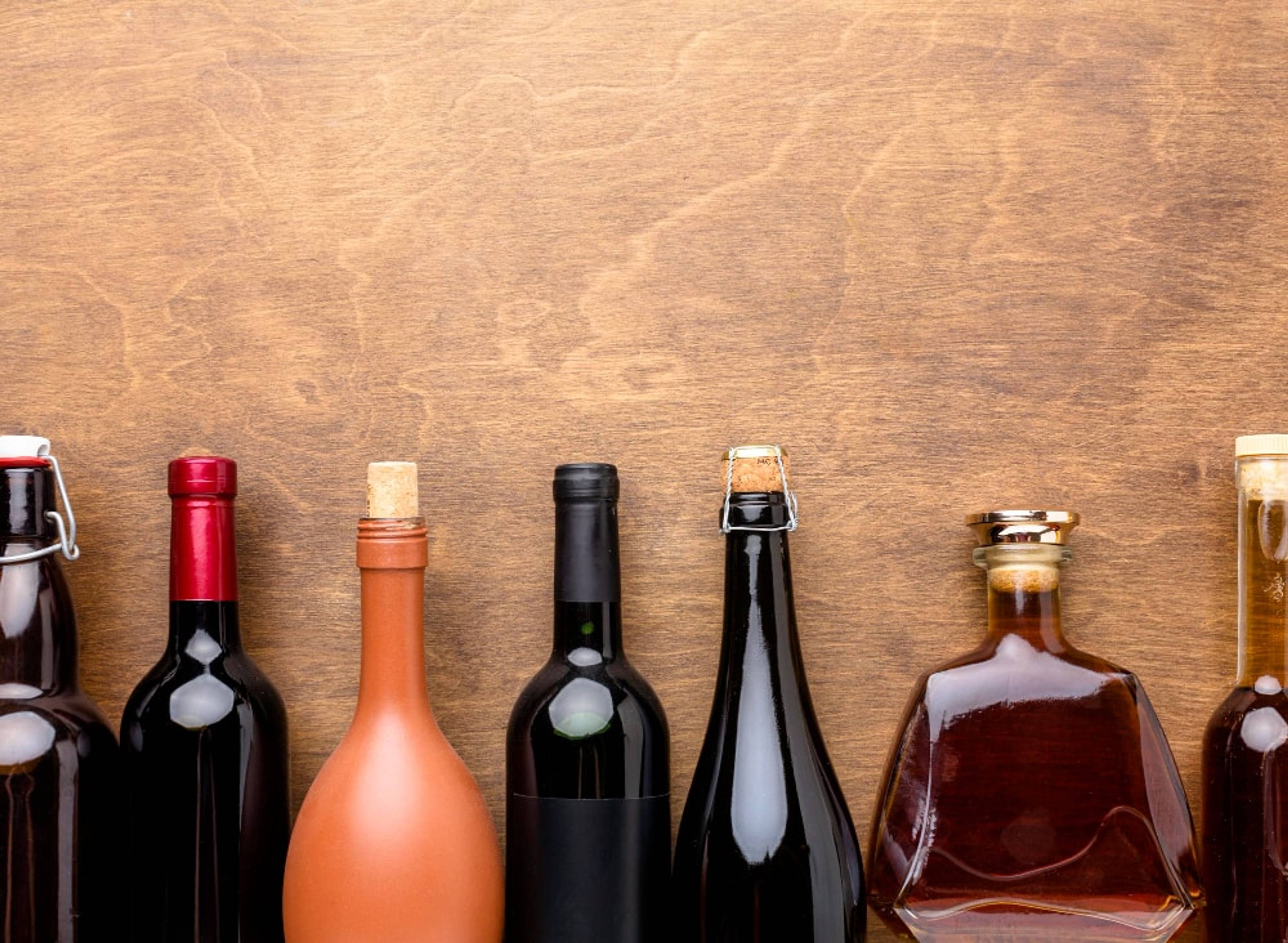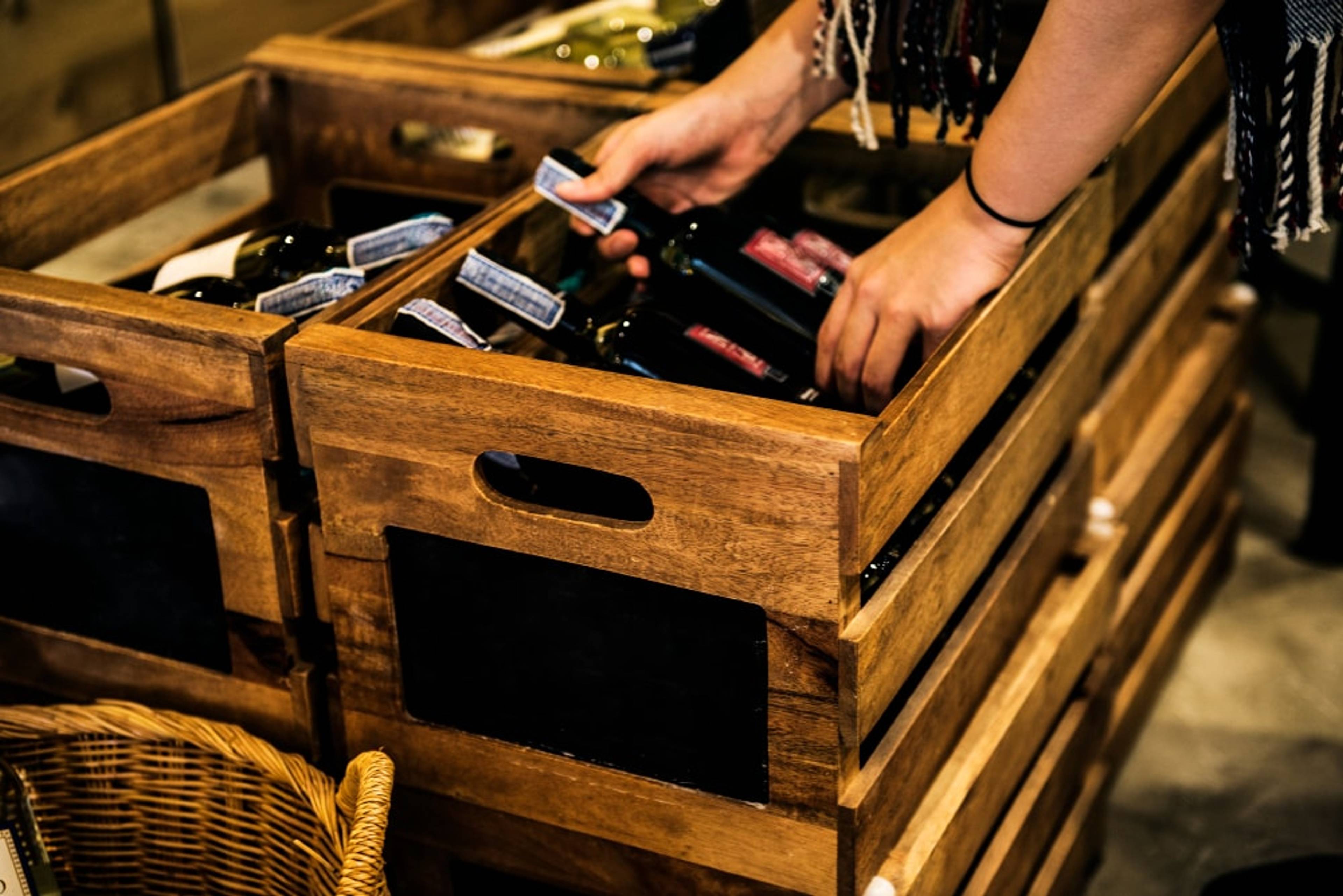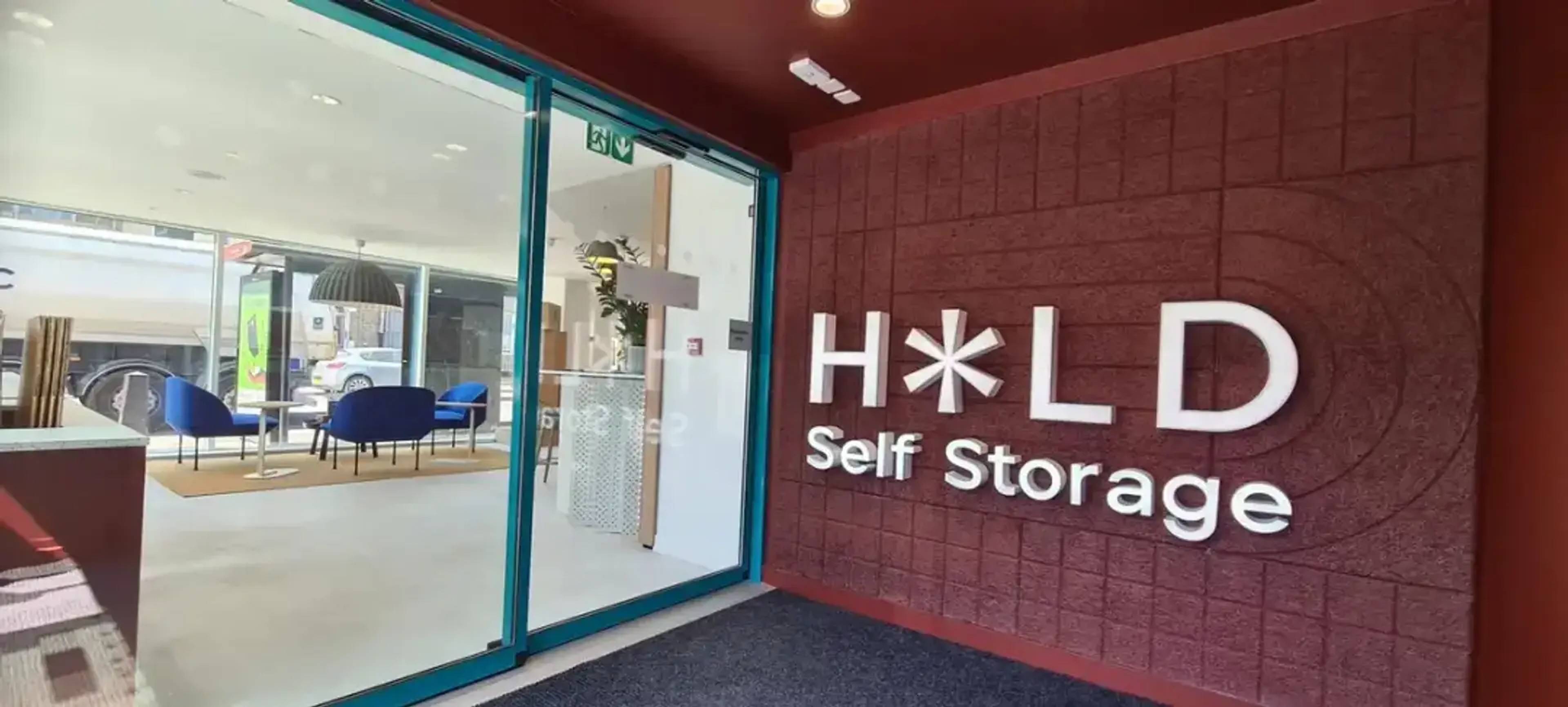When asking whether you can store alcohol in storage units, the answer largely depends on the self-storage facility's rules and local laws. Self-storage facilities often have strict policies about storing items like alcohol, especially if it’s a large quantity. Some facilities classify alcohol as an illegal item, meaning that you won't be allowed to store it in your storage unit. As well as this, many facilities prohibit the storage of flammable items, which can include alcoholic beverages.

Alcohol could be classified as food, and many facilities will not allow you to store food or even pet food. Many rules could prevent alcohol from being kept in a storage unit.
While some storage providers may allow the storage of alcohol, it’s important to check your contract or consult the facility. Be aware that storing alcohol improperly or without permission could violate the terms of your rental unit agreement.
With all that being said, some facilities may allow it. In these circumstances, it helps to know the best ways to store it.
How to store alcohol
Even if your storage facility allows alcohol, it’s essential to store it correctly to maintain its quality. Here are some key factors to consider:
Store your alcohol in climate-secure storage
Climate-secure or controlled storage units offer the perfect environment where you can control the temperature and humidity. Ideally, alcohol should be stored in a climate-secure or controlled unit where temperatures can be kept stable between 12°C and 16°C.
Fluctuations in temperature can cause spoilage or impact the taste, making a climate-secure storage unit essential if you're storing alcohol long-term. Too much light, moisture and humidity can ruin alcohol, especially wine. Store bottles in a dark place with humidity levels between 50-70%.
HOLD's wine storage solutions ensure optimal temperatures and good ventilation. This prevents the growth of mould and mildew, both on your alcohol bottles and other items stored in the unit.
Types of alcohol and their storage needs

Wine
It’s best to store wine bottles in a climate-controlled storage space where the temperature, humidity, and light are regulated. You can store wine in sturdy boxes or on a wine rack.
Spirits
Spirits should be kept in a dark place at a constant temperature, ideally around 15-20°C. Avoid storing them in areas prone to heat or temperature changes, as this can degrade the alcohol over time.
Cream-based liqueurs
Alcoholic beverages like Baileys or Amarula need extra care, as they can spoil quickly, even in sealed bottles. It’s crucial to store these drinks in a cool, dark space, and avoid storing them in any place where temperatures fluctuate.
Beer
Beer is much more forgiving and can be stored normally without many worries. If you want, you can keep it between 7 to 13°C.
Risks of storing alcohol in a storage unit
Alcohol containers, especially bottles, can be fragile. If they break or leak, they can damage your unit and the items stored nearby.
Legal implications
Improperly storing alcohol could result in breaches of your storage contract. Many self-storage units don’t allow the storage of hazardous items or flammable liquids, which may include alcohol in some cases. It's vital to know the rules and regulations of the storage facility you are with.
Alternatives to self-storage for alcohol

If your alcohol collection is valuable or extensive, you might want to consider more specialised options. Some facilities provide dedicated wine storage units that are climate-controlled and designed specifically for storing alcohol.
These units offer optimal conditions, such as precise temperature and humidity controls, to ensure that your alcohol stays in top condition.
At-home wine storage is another option, especially if you have a small collection. Wine fridges or dedicated wine racks placed in a dark, cool room can provide adequate storage conditions without the need for an external facility. Even a safe deposit box of some kind could keep your alcohol secure.
Conclusion
While you can store alcohol in a self-storage unit under the right conditions, it’s important to be aware of the restrictions. Whether storing a single bottle or a large amount, maintaining the right temperature, light exposure, and humidity is crucial to preserving your alcohol collection.
Check with your storage facility to ensure you follow the law and the facility's rules first.
HOLD Self Storage
If you’re on the hunt for reliable self-storage in London, HOLD Self Storage has you covered. With climate-secure units, top-tier security, and a commitment to customer satisfaction, our Kings Cross facility offers the perfect solution for your storage needs.

Contact us today for a free quote, and let us help you find the best storage option for your belongings.
Frequently asked questions
What cannot be stored in a storage unit?
Animals, perishable food, illegal items, hazardous materials, and waste are the main items that generally can't be stored in a storage unit. Depending on the facility, there could be more things you are not allowed to store.
Can you store liquids in a storage unit?
Liquids can be stored, but if it's food, then it's best to check with the facility first. If the liquid counts as a hazardous material, it isn't allowed.
What is the minimum storage term?
The minimum storage term is 1 month.
What notice do I have to give on my storage unit?
We require one month's notice; unused rent and deposit are refunded upon checkout.
Am I charged weekly, monthly or annually?
We bill monthly, but also take pre-payment for longer stays, which can unlock a discount.

